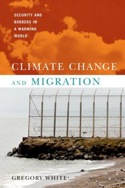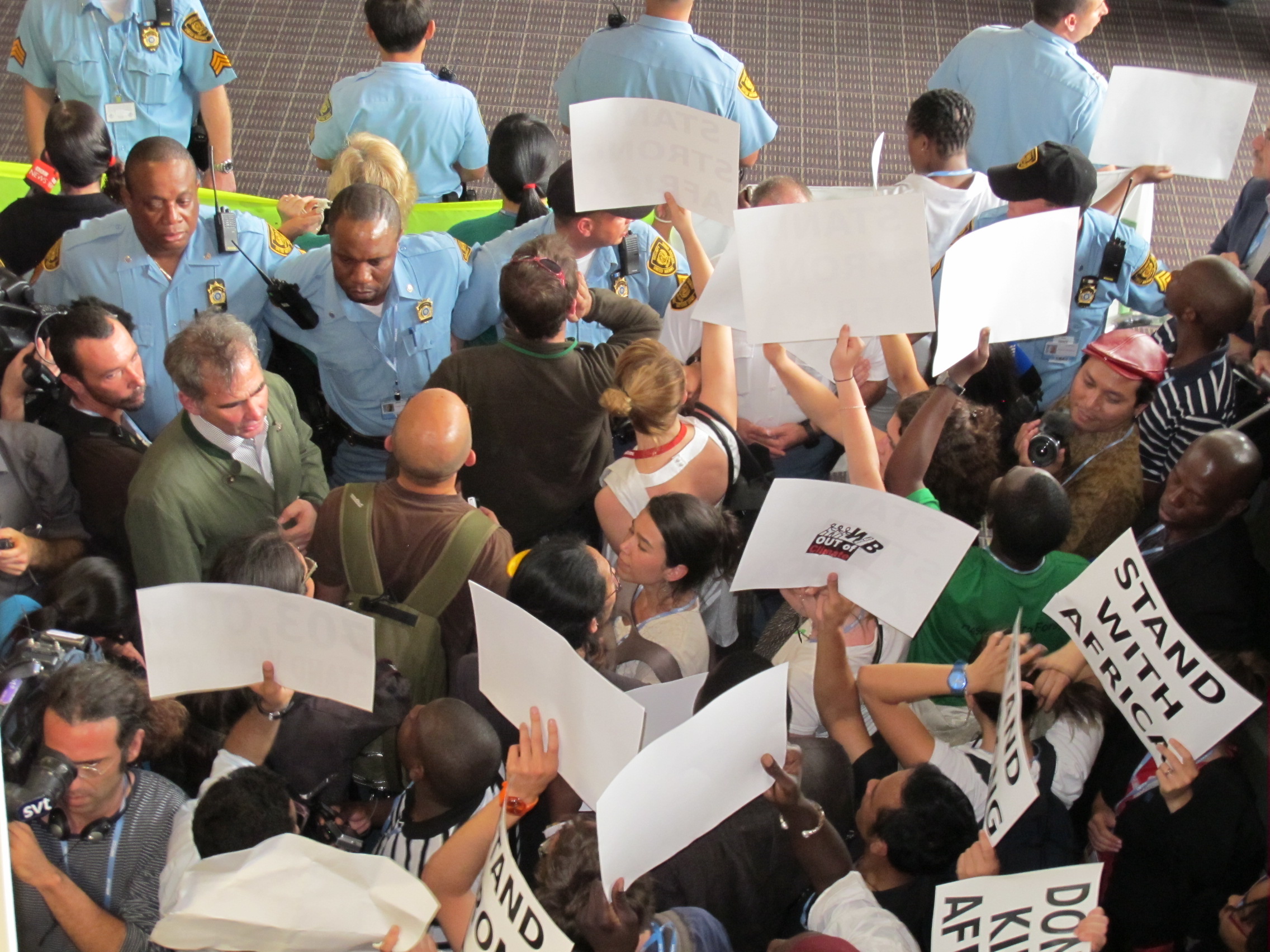[youtube http://www.youtube.com/watch?v=iKK8Xc-N_oA&w=480]
It’s been almost half a year since Glenn, Gareth and John last met over the intertubes to discuss climate news — but we’re 97% sure we’re back, catching up on all the recent climate news. John discusses the recent Cook et al (where al is the Skeptical Science team) paper on the 97% consensus on climate science and the accompanying Consensus Project web site, “sticky” facts like using Hiroshima bombs as a unit of warming. Plus all the news on recent weather extremes — flooding in India, Canada, and Europe, climate impacts on the wine business, and Gareth’s recent interview with Bill McKibben. Show notes below the fold…
Watch The Climate Show on our Youtube channel, subscribe to the podcast via iTunes, listen to us via Stitcher on your smartphone or listen direct/download from the link below the fold.
Follow The Climate Show on Facebook and Twitter.
Continue reading “The Climate Show #34: four Hiroshima bombs a second”

 I took
I took 



You must be logged in to post a comment.